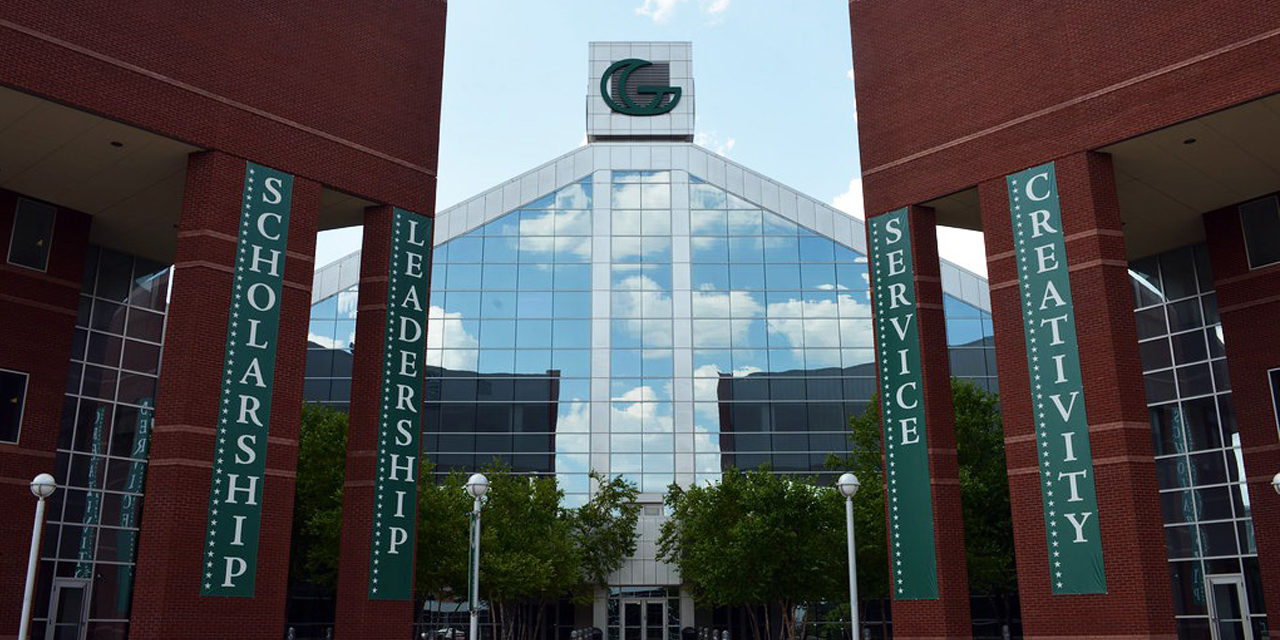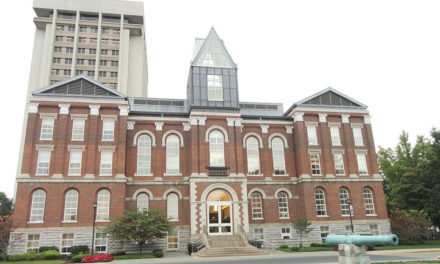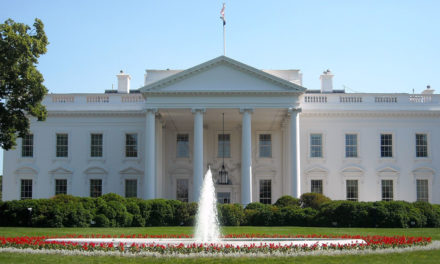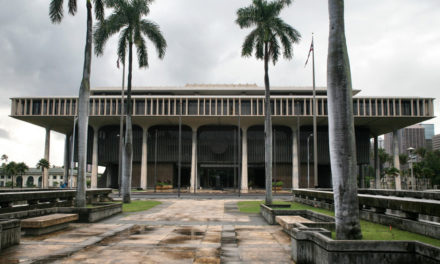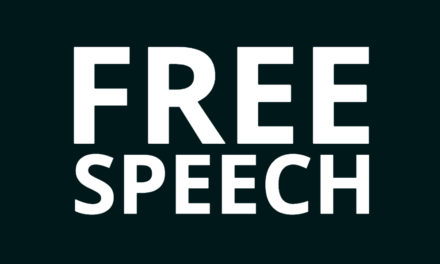Public colleges and universities have unquestionably had problems treating free speech correctly on campus. The Daily Citizen has reported time and again about unconstitutional “speech zones” and other restrictions that have worked to frustrate religious and pro-life speech in particular.
In most cases, when confronted by legal advocates for students whose rights have been infringed, the schools back down and change their policies. But what happens to those students whose rights have been denied? Should their lawsuits be dismissed as moot? Should educational institutions be able to avoid liability – even if only for nominal amounts such as $1 – simply by changing a policy manual, only to potentially reinstate the bad policy at some time in the future?
That’s the issue being argued to the justices of the U.S. Supreme Court Tuesday in the case of Uzuegbunam v. Preczewski. Two students at Georgia Gwinnett College (GWC), Chike Uzuegbunam and Joseph Bradford wanted to share their faith in Christ with fellow students on campus. The pair ran afoul of the school’s free speech policies that required reservations for a couple tiny “free speech zones” amounting to approximately 0.0015% of campus, which were only available for 18 hours per week.
Campus police forced Chike to stop his efforts to share Christ not once, but twice, even after he had reserved a space in the officially designated zone, and had submitted a script of what he wanted to say to his fellow students for school approval. Joseph also wanted to share his faith with fellow students but decided to refrain after seeing what happened to Chike.
With the help of lawyers from Alliance Defending Freedom (ADF), Chike and Joseph sued the college to vindicate their rights. Partway through the litigation GWC changed its policies to remove the restrictions it had placed on free speech and then asked the courts to dismiss ADF’s lawsuit as moot. “Mootness” simply means that if there is no longer an issue, a court won’t bother hearing the case.
The trial court granted the motion, and on appeal, the 11th U.S. Circuit Court of Appeals affirmed that dismissal.
But if schools are free to impose unconstitutional policies that violate students’ rights, only to get off the hook by changing them when they get sued, how will schools ever learn? A court decision in a student’s favor, even if awarding nominal damages of one dollar, creates a precedent that other schools are either bound by or can learn from.
A dismissal of a case because the issue is moot does nothing to prevent a recurrence of the unconstitutional policies at the same school in the future, or at other schools. In fact, ADF says that it has sued universities a second time on eight occasions, and four of the lawsuits were for the same exact policy.
That’s why Chike and Joseph are at the Supreme Court, and their attorneys’ arguments asking the court to reinstate the lawsuit are supported by various free speech organizations, including left-leaning ones like the American Civil Liberties Union (ACLU) and Americans United for Separation of Church and State, who filed a friend-of-the-court brief in support of the two students.
Kristen Waggoner, the ADF attorney who argued the case to the Supreme Court on behalf of Chike and Joseph, says that government institutions should not be given a free pass for violating their students’ civil rights.
“When government officials violate constitutional rights, it causes serious harm to the victims. Courts should hold government officials accountable for the injuries they cause,” Waggoner said in an ADF statement. “Groups representing diverse ideological viewpoints support our clients because the threat to our constitutionally protected freedoms doesn’t stop with free speech rights or a college campus. Government officials shouldn’t get a free pass for violating constitutional rights on campus or anywhere else. When officials engage in misconduct but face no consequences, it leaves victims without recourse, undermines the nation’s commitment to protecting constitutional rights, and emboldens the government to engage in future violations.”
A decision in the case is expected by the end of June.
Photo from Facebook

